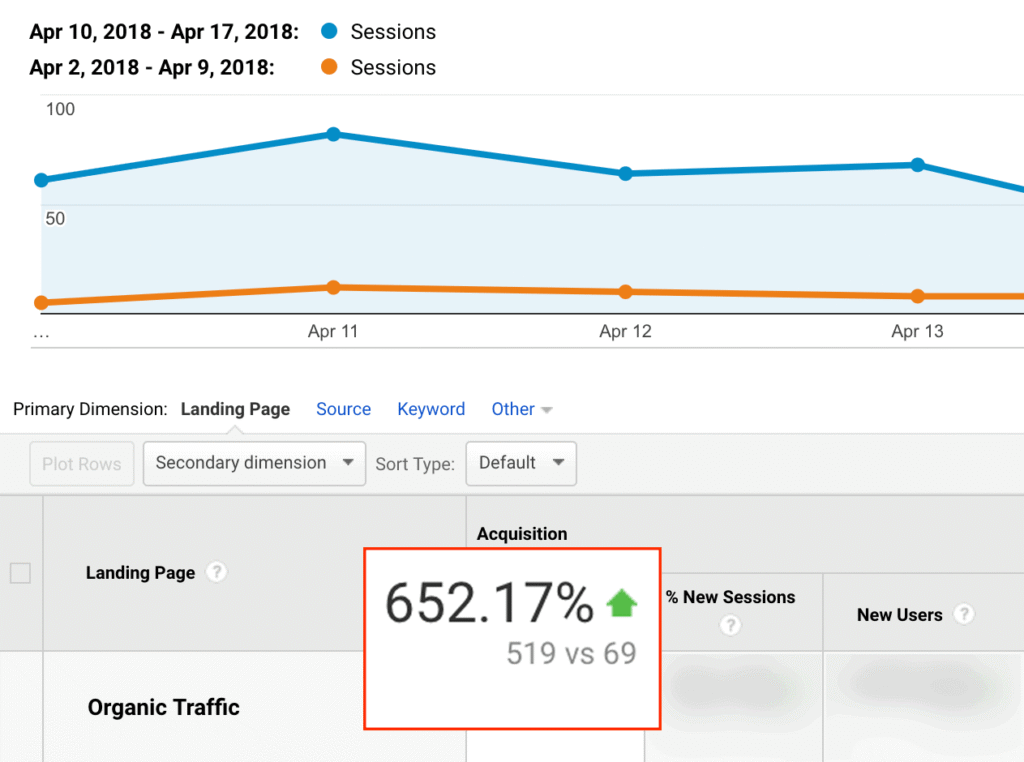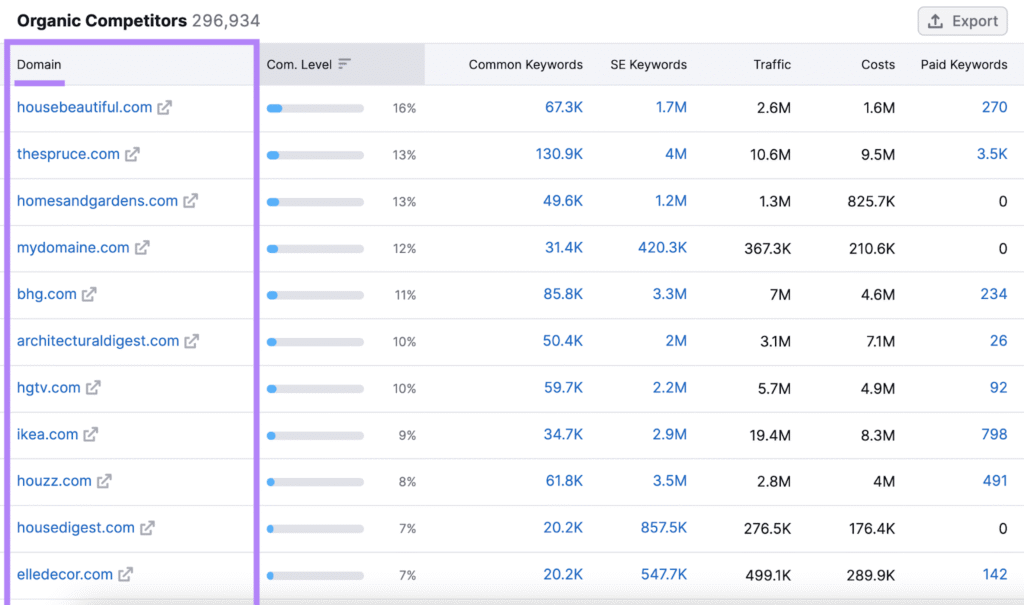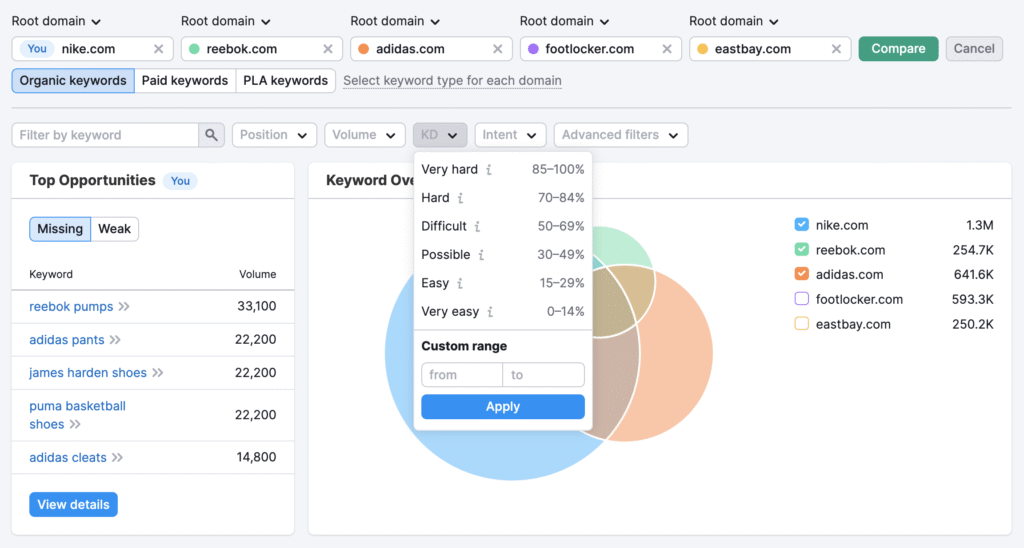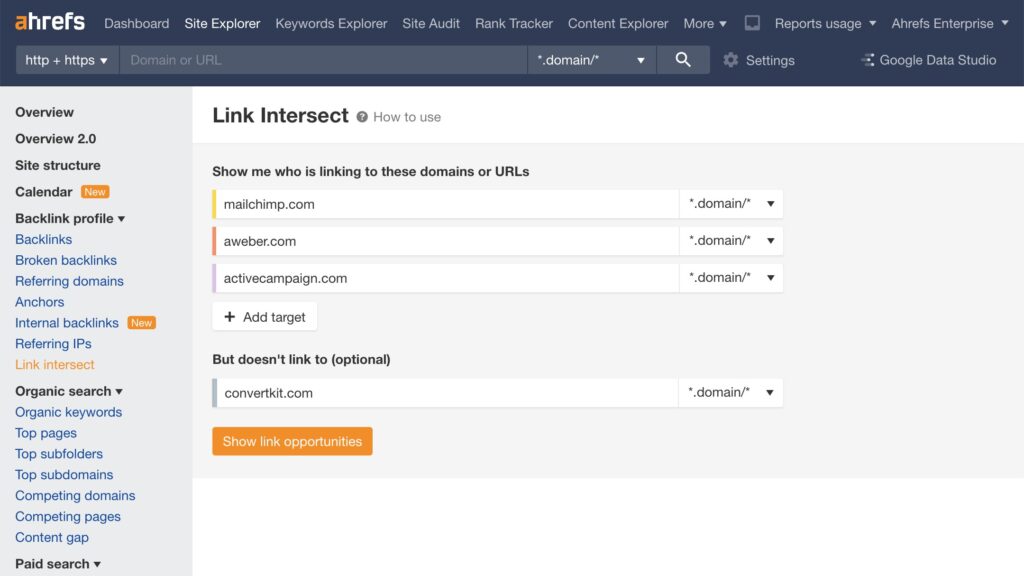In a world where digital visibility equals business success, one of the most overlooked strategies for rapid growth is traffic gap analysis. If you’re struggling to grow your website traffic or wondering why competitors keep outranking you, it’s time to learn how to analyze traffic gaps.
Whether you’re an SEO newbie or a seasoned digital marketer, identifying and filling these gaps can uncover untapped keyword opportunities, underperforming pages, and even new content strategies that could drive qualified traffic.
Let’s break it all down—step by step.
What Are Traffic Gaps?
A traffic gap is the difference between the organic search traffic your site receives and the traffic your competitors receive for the same or similar audience intent.
When you analyze traffic gaps, you:
- Identify keywords your competitors rank for but you don’t
- Find content they’ve created that you’re missing
- Spot link-building opportunities they’ve leveraged
- Discover underperforming pages on your own site
Why You Must Analyze Traffic Gaps
Understanding how to analyze traffic gaps is essential to:
- Expand your keyword universe
- Enhance your content strategy
- Compete more effectively in search rankings
- Improve your site’s SEO ROI
It’s like peeking at your competitors’ playbook—and using it to outperform them.

Step-by-Step: How to Analyze Traffic Gaps
- Identify Your Main Competitors
Start by identifying 3–5 organic competitors, not just business rivals.
Tools to use:
- Google Search (manually check who ranks for your target terms)
- Ahrefs → Site Explorer → Competing Domains
- SEMrush → Organic Research → Competitors
Prioritize competitors with similar domain authority and a shared audience focus.

- Use a Keyword Gap Tool to Compare Rankings
Once you have your competitor list, use keyword gap analysis tools to find out which keywords they rank for that you don’t.
Recommended Tools:
- Ahrefs → Content Gap Tool
- SEMrush → Keyword Gap
- Moz → Keyword Explorer → Compare Link Profiles
- Ubersuggest → Traffic Comparison
What to look for:
- Keywords where competitors rank in top 20 but your site isn’t present
- High-volume, low-difficulty terms
- Buyer-intent keywords (CPC > $1)
Export this data to Excel or Google Sheets for filtering and prioritizing.

- Analyze Content Performance by URL
Beyond keywords, you need to analyze traffic gaps at the content level.
How to do it:
- Use Ahrefs or SEMrush → Top Pages Report
- Check the pages bringing in most traffic to each competitor
- Note:
- Page titles
- Target keywords
- Word count
- Backlinks
Action Steps:
- List competitor pages that drive high traffic but have no equivalent on your site
- Create new or improved content targeting those same topics
You can document this in Excel using columns like: Competitor Page, Keyword Targeted, Search Volume, Your Equivalent Page (Y/N), Priority.
- Identify Ranking Drop-offs in Your Own Content
To analyze internal traffic gaps, audit your underperforming content.
Use Google Search Console + Google Analytics:
- Pages with declining impressions
- Pages with high bounce rates but low conversions
- Pages ranking on page 2–3 of Google
Fix Strategy:
- Refresh outdated content
- Optimize on-page SEO (titles, H1s, keyword use)
- Add internal links
- Improve page load speed and mobile experience
Use conditional formatting to flag pages with high impressions but low CTR—these are ripe for optimization.
- Discover Backlink Gaps
Traffic often follows backlinks. If your competitors are earning links you’re missing, that’s another traffic gap.
Tool: Ahrefs → Link Intersect Tool
How it works: See who’s linking to your competitors but not to you.
Reach out to those sites with better content or broken link replacement offers.

Visual Breakdown: Traffic Gap Analysis Tools
| Task | Tool | Purpose |
| Identify competitors | Ahrefs, SEMrush | Organic competition discovery |
| Keyword gap analysis | Ahrefs, SEMrush, Moz | Find untapped ranking opportunities |
| Content performance analysis | SEMrush Top Pages, GSC | Locate high-traffic competitor content |
| Backlink gap discovery | Ahrefs Link Intersect | Find link-building opportunities |
| On-site content auditing | Google Analytics, GSC | Fix internal underperformers |
Real-World Example
Let’s say you’re running a fitness blog and your competitor ranks for “home gym setup for small spaces” while you don’t.
What to do:
- Use a keyword gap tool to confirm it
- Analyze their blog post (length, headings, visuals)
- Create a more detailed guide with updated gear recommendations, infographics, and internal links
Within weeks, you can capture search traffic you were previously missing.
Final Checklist: How to Analyze Traffic Gaps Effectively
- Identify 3–5 top organic competitors
- Use tools to compare keyword rankings
- Export and filter missing keywords in Excel
- Analyze competitor pages with high traffic
- Improve or create new content for missing topics
- Fix underperforming pages on your site
- Build backlinks from competitor link sources
Conclusion
Learning how to analyze traffic gaps isn’t just a technical skill—it’s a strategic advantage. By looking at what your competitors do right (and what you might be missing), you can create a roadmap to outperform them in search visibility and audience acquisition.
Whether you’re a content creator, SEO expert, or business owner, traffic gap analysis will help you stop guessing and start executing.
Now it’s your turn—run that traffic gap audit, close the gaps, and watch your traffic grow.
